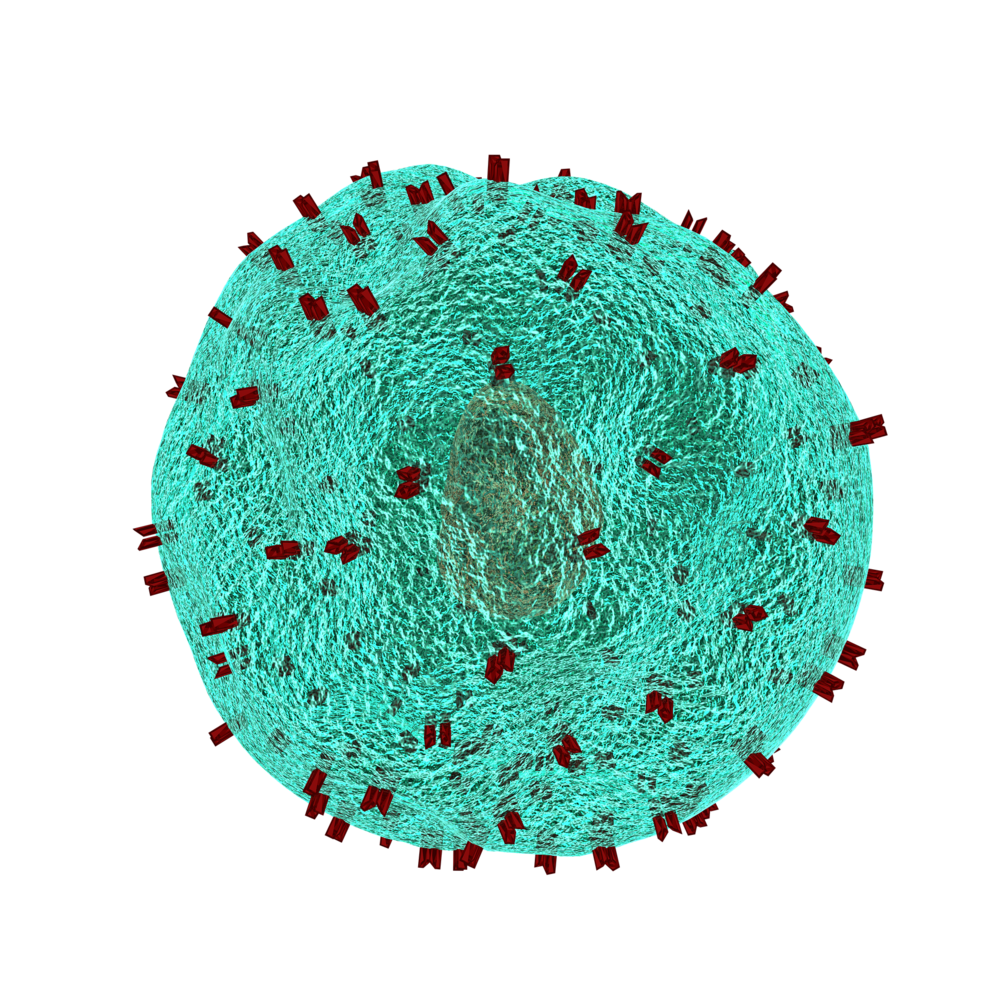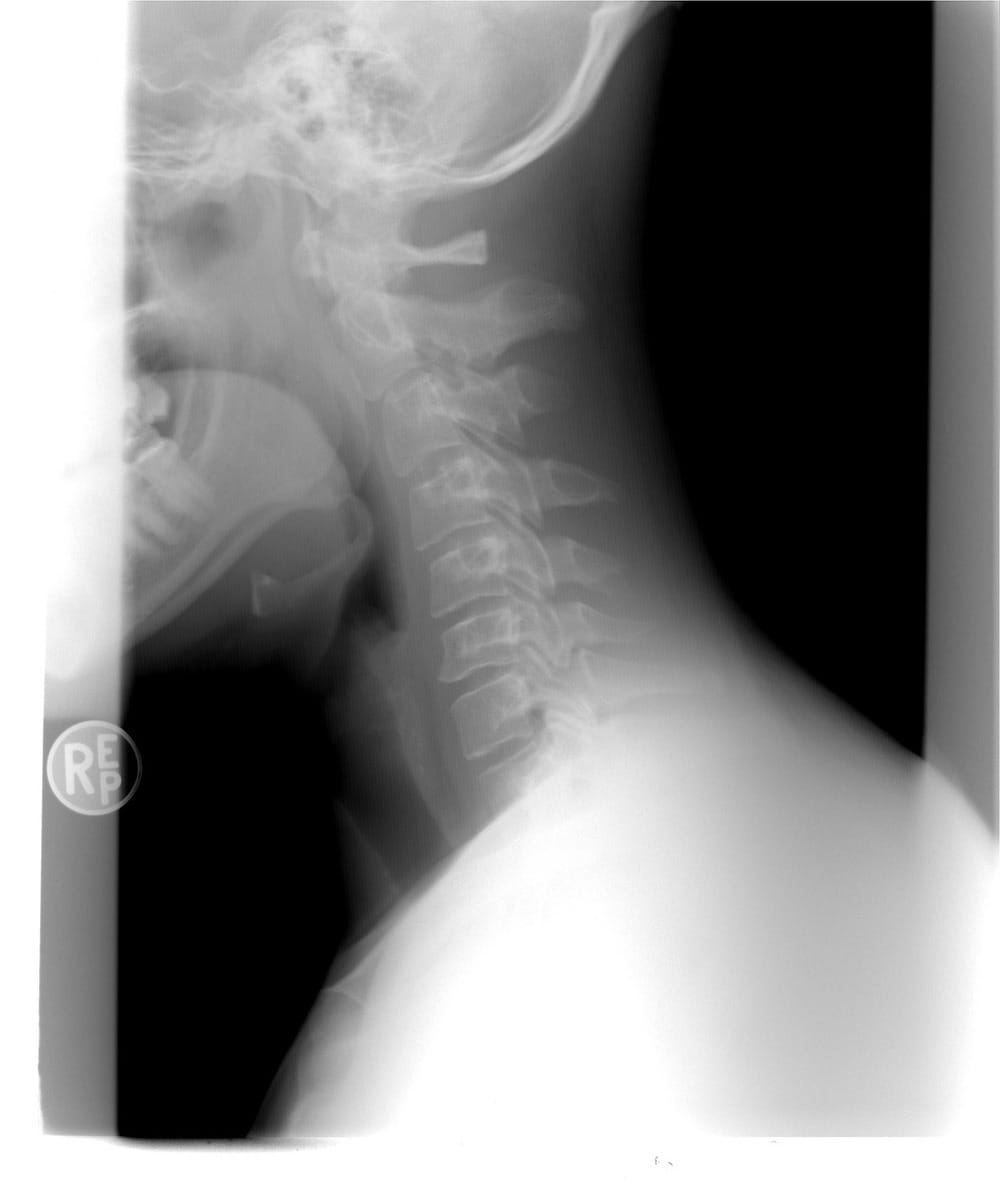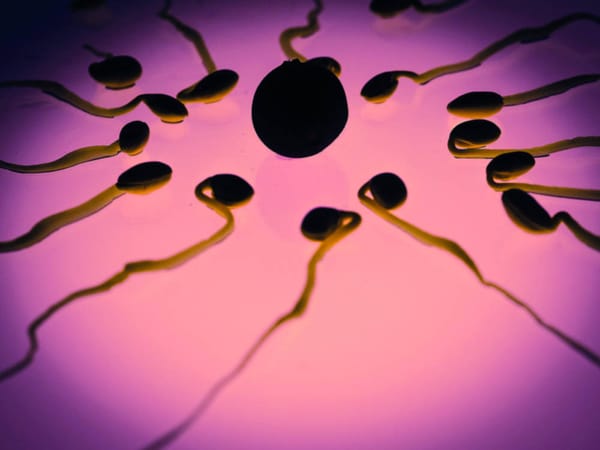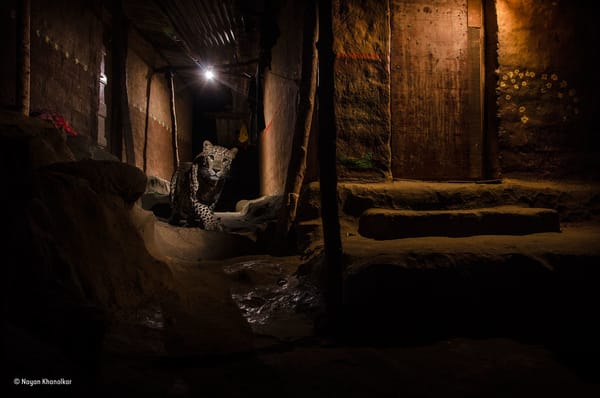Spotlight on Medicine
Beacons of hope in this cursed year...

1 | HIV Testing USB Sticks
Scientists here at Imperial College have created an extremely easy way of testing for HIV. A simple USB device detects the virus and sends corresponding electrical impulses that can be read on a laptop or handheld device. Not only does this allow testing to be quicker, easier and self-applicable throughout treatment, but it can also enable patients in remote locations immediate on-site results. The device itself is disposable, and works by monitoring levels of the virus in the blood. Before this technology, results would take as long as three days following testing, with samples often having to be sent back to laboratories. Current HIV treatment is known as anti-retroviral treatment, and works by reducing HIV levels to near zero. The USB sensor could be used to directly monitor whether a patient is responding to treatment, or if it has stopped working. For some, especially those in less developed countries, this rapid way of testing could mean the difference between life and death.

2 | Zika-Neutralising Antibody Discovered
New tests have found that a human antibody (given the catchy name of ZIKV-117) can actually save infected mice from dying of Zika, whilst also shielding their unborn babies from its adverse effects. As I’m sure you’re aware, in humans the virus has been linked to birth defects in babies with infected mothers. This usually results in a smaller than usual head and, consequently, brain which may affect the child’s learning, motor function and cognitive development. The condition is known as microcephaly. Despite this recent breakthrough, researchers are unsure whether this would work on humans, however they remain optimistic. Trials need to be completed on other primates before reaching humans, but if it works, could act as protection against a now terrifyingly widespread disease.

3 | Key Protein for Spinal Cord Repair Found
Zebrafish are amazing when it comes to regeneration. Even when their spinal cord is completely severed, it can completely restore itself. In humans, a severed spinal cord can leave them completely paralysed or dead. Research into spinal cord studies and stem cells have given many hope that one day broken spines can be fixed, and now we seem to be one step closer. By studying these tiny transparent animals, scientists have been able to pinpoint the exact protein that is responsible for re-joining the spinal cord and enabling it to work again. The protein in question is called CTGF, which stands for connective tissue growth factor. Humans also have CTGF, and although it differs slightly to the form found in zebrafish, when the human protein was added it worked in the same way. Although the protein is not the whole story, it gives scientists a clue to how regeneration works. The question now is what does the zebrafish have, that we humans don’t?
According to those working on the project, the next step is looking at regeneration proteins in mice.









